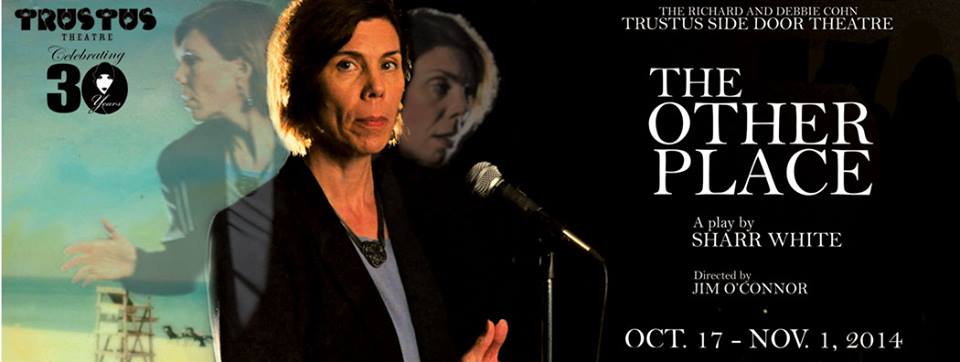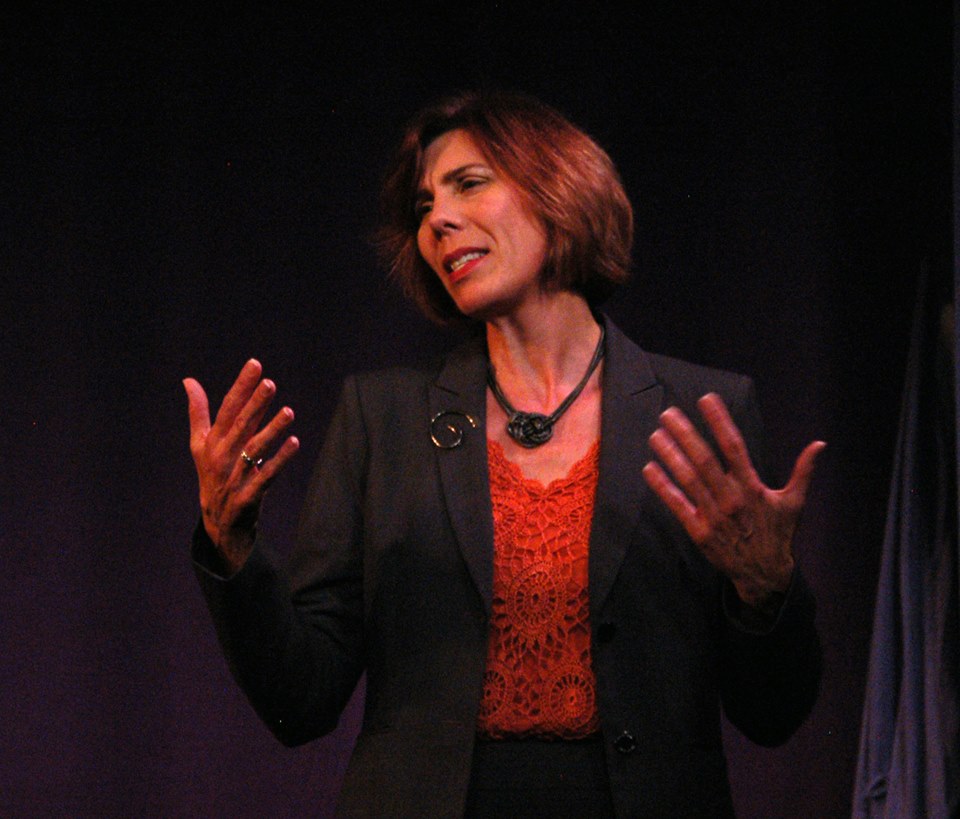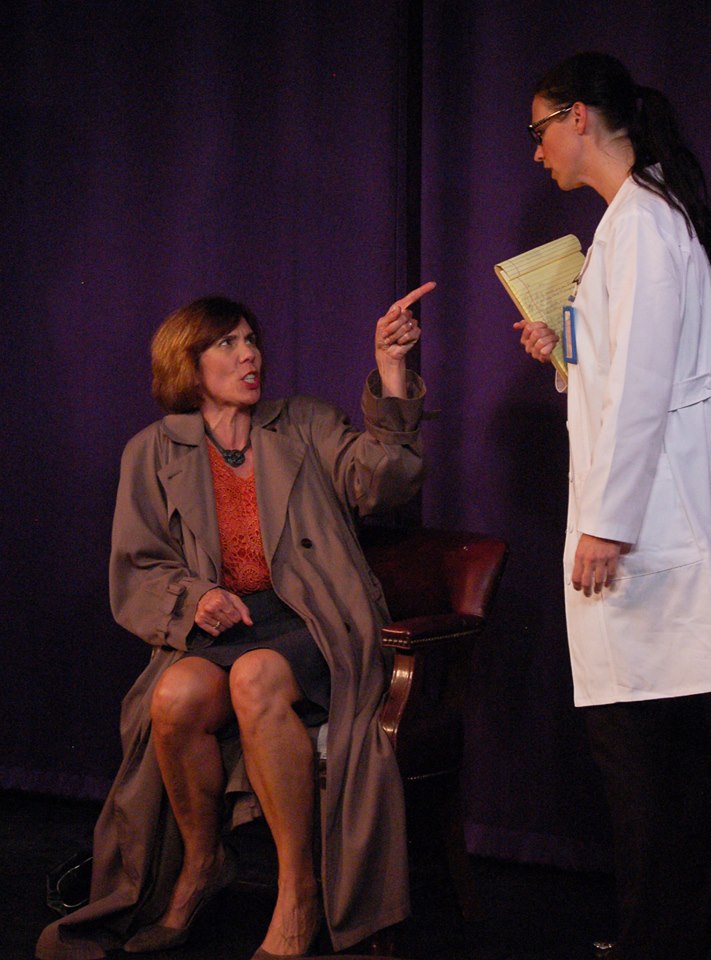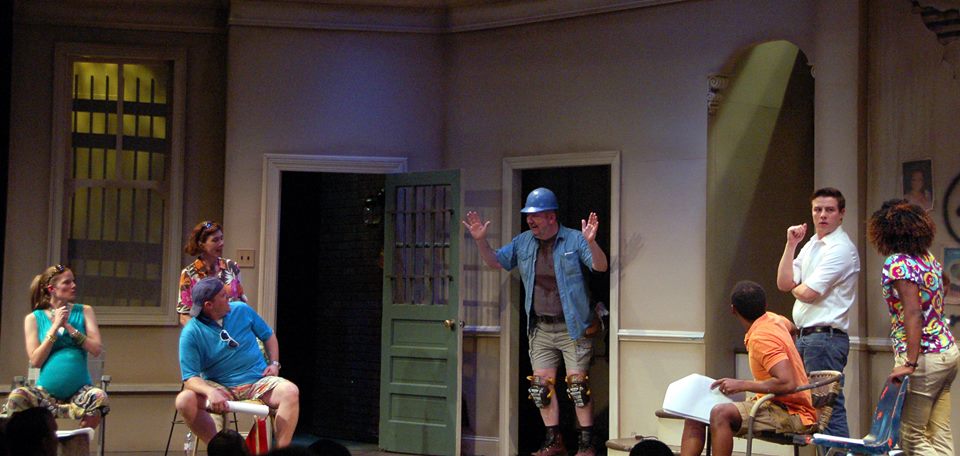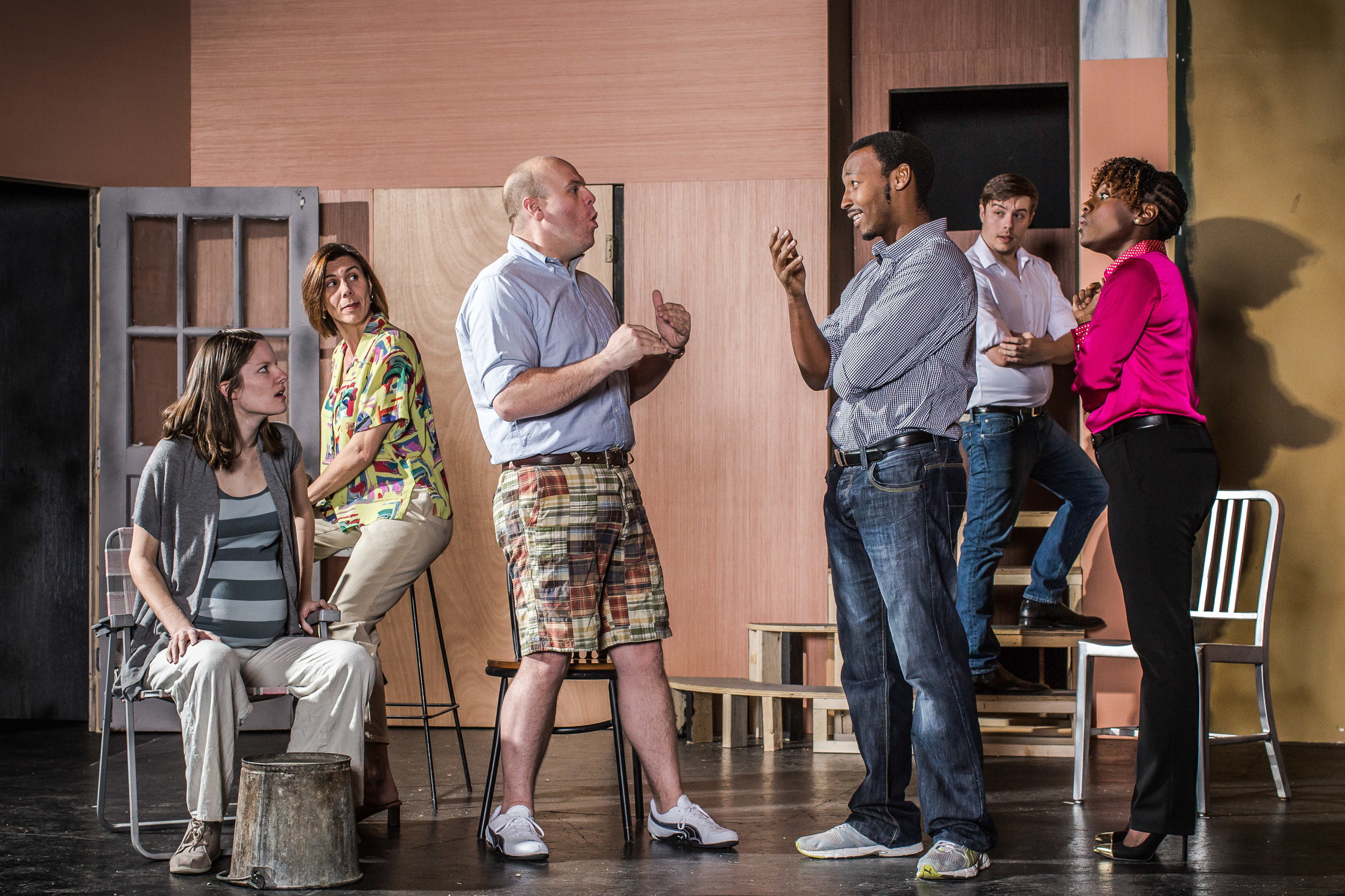We’re featuring the artists from the Supper Table project throughout the summer. This is the 14th in our series on Supper Table Artists.
It takes a special kind of artist to portray a figure like Eliza Lucas Pinckney with the finesse and beauty Steffi Brink and Erica Tobolski are. Pinckney was a remarkable young woman, both far ahead of, and stuck in the center of, her time. At only 16 years old, a young Eliza Lucas was sent to the South to run her own plantation. Instead of fading away or losing her grip like many in her position might have, she not only succeeded, but became one of the most successful individuals of her time.
Pinckney was one of the first to discover the importance of the indigo plant and to make it the cash crop in the colonies that it became. While we are forever indebted to her and in awe of her power as a young woman in a male oriented world, we cannot disregard that Pinckney was a slave holder and that it was the forced labor of the enslaved individuals on her plantation that made her success so tangible. In honoring her, we must honor them, the unnamed who made indigo possible, whilst not failing to recognize what an empowering figure and role model Eliza is for young girls.
The women creating the film honoring Pinckney and embodying Pinckney herself have been cognizant of this challenge and have worked to reconcile these two parts of Eliza’s life in their own art.
Steffi Brink is a visual artist, curator, and film programmer at Indie Grits Labs. She was a photo instructor and organizer for the PhotoVoice project “Seen and Heard: Women and Girls in the Midlands.” Her work has been exhibited at the Columbia Museum of Art and received the People’s Choice Award from the Darkroom Gallery in Vermont. She has a BA in Media Arts from the University of South Carolina and is the recipient of the 2016 USC Photo Review Prize.
Steffi Brink
Brink’s film on Pinckney features cyanotype, a type of printmaking that makes the final images a stunning blue in color, which echoes, of course, the indigo crop that Pinckney is known for. The images etched into the prints reflect different images and aesthetics of the life of Pinckney, set with words from her own journals and letters.
Erica Tobolski is an actor, voice-over artist, and vocal coach. At the Aspen Fringe Festival, she played Nora in Doll’s House Part 2 and Juliana in The Other Place. She has played major roles in productions at Trustus Theatre, Theatre South Carolina and the South Carolina Shakespeare Company. In Chicago, she appeared at Bailiwick Theatre, Strawdog Theatre, and Open City Theatre. Erica has vocal coached at Great River Shakespeare, Utah Shakespeare Festival, and the National Theatre in Malaysia. She is an Associate Professor at USC and a consultant in voice and presence for business professionals.
Erica Tobolski
Together with theatre artists managers, Vicky Saye Henderson and Colleen Kelly, Tobolski is crafting an embodiment of Eliza that reflects both her power and her struggles.
Brink’s film and Tobolski’s performance will premiere at our two opening events. Our first event is at Trustus Theatre on the evening of September 6th, and tickets can be purchased here. Our second event is that Sunday afternoon, the 8th, at Harbison Theatre, and tickets are also available for that performance online.
-Christina Xan




